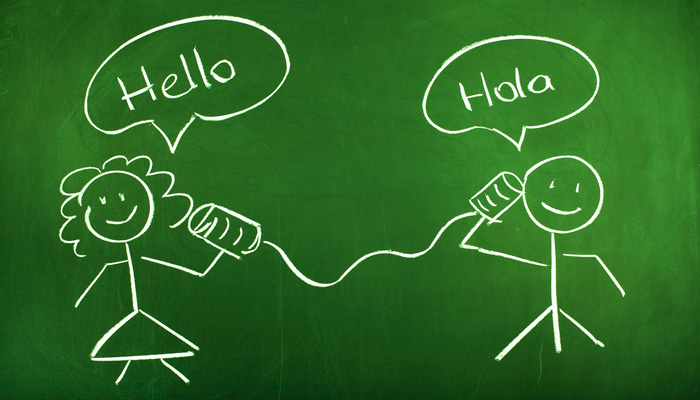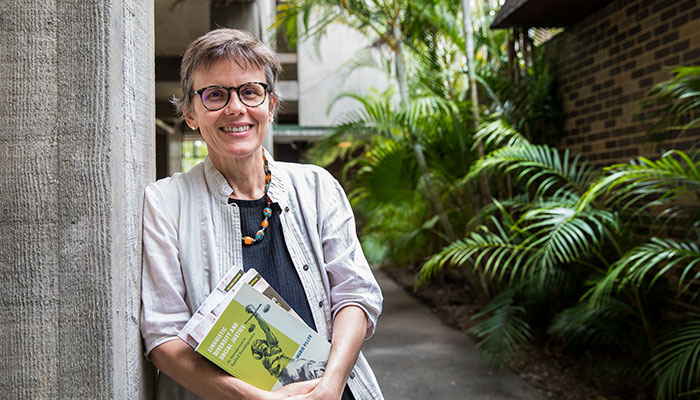Some languages are easier to learn than others; and it all depends on what you learned first. Linguistics research shows that it’s easier to learn a language that’s from the same language family as your first language.

Learning a second or third language is great for your brain, helping you to improve your attention span, increase your memory and improve your cognitive abilities.
Languages are usually classified into different families – in a similar way to how we organise living things. Language families are groups of similar languages that have descended from a common original ‘parent language,’ and so they share lots of parallels.
Chose your family
For example, the English language is part of the Germanic family, so it has similarities with German, Dutch and the Scandinavian languages – all of which have a common ancestry. They share similar vocabulary, grammatical and syntactic structures.
Research shows us that it is easier to learn a language that's within your language family, than it is to learn a language that's very distant, with different origins and linguistic structures. So it’s relatively easy for a native English speaker to learn German and other European languages, e.g., Spanish, Italian, French where English borrows heavily from for vocabulary.
In Australia, the language that is the second-most frequently spoken at home other than English is Chinese - Mandarin and Cantonese - both part of the Sino-Tibetan language family.
The sound system, syntax and grammatical structures between the Germanic and the Sino-Tibetan language families are really dissimilar, so it’s less straightforward for native speakers of one of these language families, to learn a new language from the other language family.
But it gets trickier when your aim is to learn a new language to the point where you don’t sound too foreign, because even languages that are very closely related, like English and German, can have quite a different rhythmic structure. To sound like a native speaker, when you learn another language is difficult. Those who are most successful usually have learned another language from a young age.
The younger the better
We know two things for sure will make you sound better when you learn to speak another language: learning it at a young age and learning through immersion.
In immersion learning, you are exposed to the new language in many daily situations. The more varied the environment and the more frequently you can engage with different types of situations and people in this other language, the more natural you will be able to sound.
Therefore, the easiest and hardest language for someone to learn, is the one that’s very different from their first language, not just in vocabulary and syntax but also in rhythm.
We know that people who speak a Chinese first language can find it really difficult to learn English because the grammatical structure is so different. For example, in English, we add sounds to the end of a word to change meaning slightly – perhaps adding an ‘s’ to change singular to plural, or changing a verb slightly to alter its tense. Such details don’t exist in Chinese languages.
Conversely - it’s relatively easy for English speakers to learn the basics of Mandarin, but the tricky part is to sound right, because Chinese languages have a complex tone system, where the pitch changes to change the meaning of the word. It’s very difficult for English speakers to get the tones right and to sound like a native speaker.



